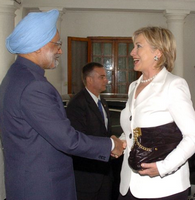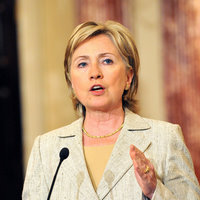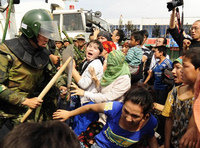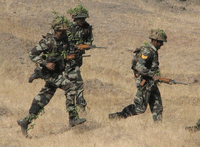
When Secretary of State Hillary Clinton made her first official trip abroad to Asia in March 2009, insiders in both New Delhi and Washington were privately critical that she neglected to include India in her itinerary. With her now-completed inaugural visit to India, Clinton’s broad mission was to show that the administration of President Barack Obama is just as serious about a strategic partnership with New Delhi as the previous one under George W. Bush. But strengthening the U.S.-India bilateral relationship is just one part of the equation, even if, to be sure, there is much work to be done […]



